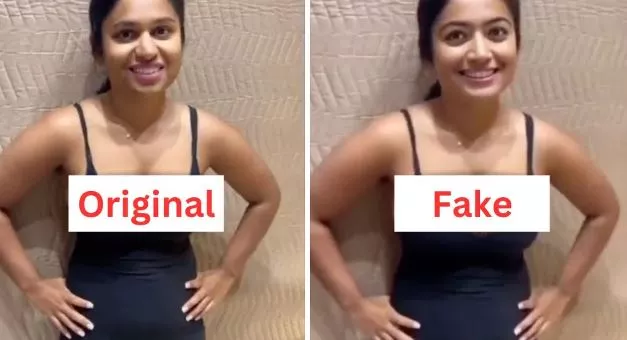.gif)
.gif)

In response to the recent deepfake controversy surrounding a morphed video of popular actor Rashmika Mandanna, the Ministry of Electronics and Information Technology issued an advisory to social media platforms addressing the legal consequences of creating and disseminating deepfake content. The advisory underscores the potential legal repercussions for individuals involved in the production and circulation of such content. Under the Information Technology Act, 2000, Section 66 D prescribes imprisonment of up to three years and a fine of up to Rs 1 lakh for cheating by personation through the use of computer resources.
Additionally, the advisory emphasizes the responsibility of social media intermediaries to diligently monitor and remove content that impersonates others, as per Rule 3(1)(b)(vii) and Rule 3(2)(b).The deepfake controversy was triggered by a viral video depicting Rashmika Mandanna in an elevator, seemingly wearing a revealing black tank top. However, subsequent investigations revealed that the video was manipulated using artificial intelligence (AI) to superimpose Rashmika's face onto British-Indian influencer Zara Patel.
This incident prompted strong reactions, including comments from Amitabh Bachchan and Rashmika Mandanna herself, who expressed her shock and called for legal action. Deepfake technology, which involves the use of AI tools to create manipulated images, videos, and voices, has gained popularity on social media for humorous purposes. However, its misuse raises concerns about the potential for spreading misinformation, particularly when using the likenesses and voices of public figures for nefarious purposes.